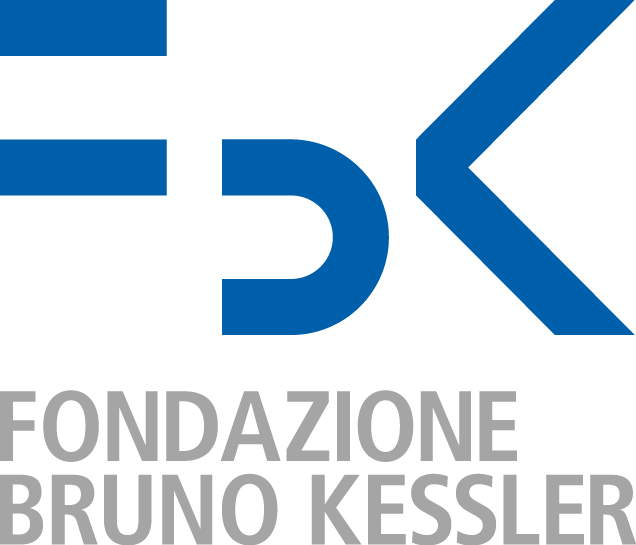Quantum Gravity meets Lattice QFT
Meeting room
ECT* - Villa Tambosi - Trento
Quantum Gravity meets Lattice QFT
AdS/CFT has been one of the most fruitful approaches to analyse the qualitative aspects of the dynamics of strongly interacting QFTs, most prominently QCD. As an approach to understanding the early stage of high energy heavy ion collisions, but also proton-proton collisions at LHC, it is, in fact, one of very few systematic approaches. However, it is not clear how reliable the description is quantitatively, because QCD is not a ${\cal N}=4$, supersymmetric, conformal, SU(N) gauge theory with infinite N and the QCD coupling constant is of limited size. Individual contributions exist on both sides of the duality calculating the size of the relevant corrections (like the perturbative calculation of quantum corrections on the gravity side for finite N and finite coupling strength, the lattice simulation of SU(N) gauge theories with N>3, the calculation of perturbative corrections from non conformality on the QFT side, lattice simulation with partial supersymmetry ...) but no systematic effort. In addition, more general scenarios for gauge/gravity dualities have been studied, extending beyond the realms of AdS, CFT, and string theory. The probability is high that quantitative contact can only be made on the basis of non-perturbative calculations on both sides, which is a very tall order. On the QFT side, lattice QFT is the best established tool to do so, while on the quantum gravity side resummed string theory is the main approach. In addition, there is an increased recent interest within loop quantum gravity in holographic computations.
The aim of the workshop is to bring some of the internationally leading experts in these fields together, formulate a more systematic strategy, and realize a few projects in the direction of a quantitative application of quantum gravity techniques to QCD in subsequent months.
Organizers:
| Norbert Bodendorfer | Regensburg University |
| Kristina Giesel | FAU Erlangen |
| Masanori Hanada | Kyoto University |
| Marco Panero | Turin University & INFN |
| Andreas Schäfer | Regensburg University |
| Larry Yaffe | University of Washington |

